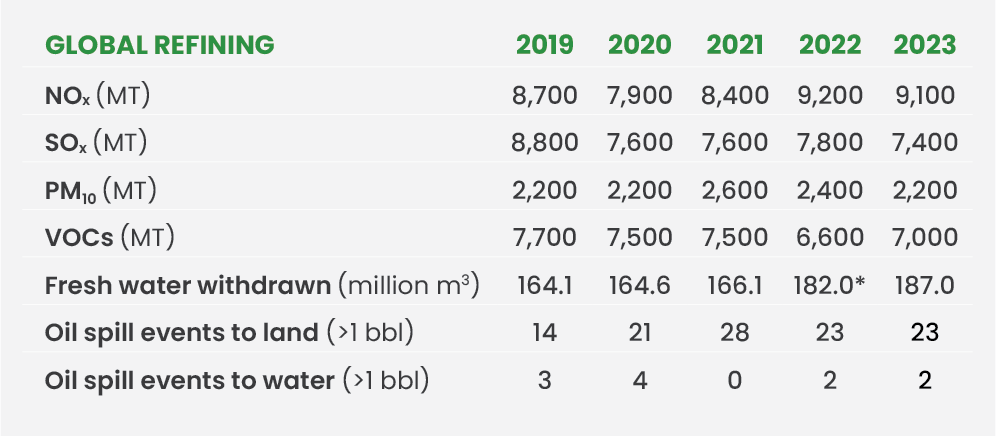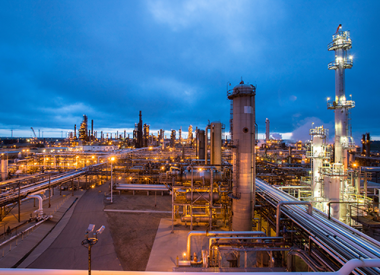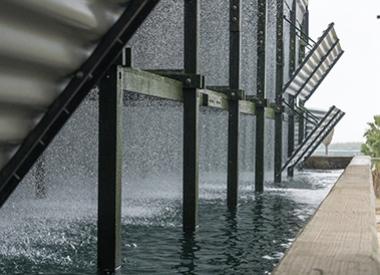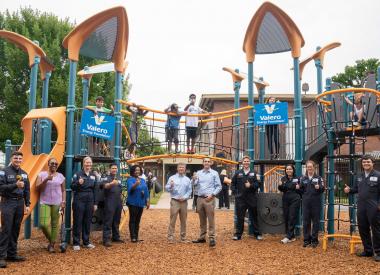We have well-developed management structures that are central to our decision-making and risk management, including three programs that oversee our environmental management:
1. Commitment to Excellence Management System (CTEMS): a proprietary systematic approach to planning, executing, checking, and acting to improve everyday work activities at many of our refineries and plants. Within each of nine elements -- leadership accountability, protecting people and the environment, people and skills development, operations reliability and mechanical integrity, technical excellence and knowledge management, change management, business competitiveness, external stakeholder relationships we have identified multiple expectations to achieve our commitment to excellence.
2. Environmental Excellence and Risk Assessment (EERA): elevates the environmental audit and compliance functions to an environmental excellence vision. Its main goal is to assess the design and effectiveness of environmental performance regarding specific excellence objectives, and to facilitate continuous improvement across the company. EERA defines more than 100 expectations and involves a proprietary five-step process using due diligence on data and field assessments reviewed by a combination of external and internal subject matter experts.
3. Fuels Management System (FMS): provides operational safeguards, software, training, and protocols for uniformity across our refineries, terminals and import locations to reinforce our compliance with applicable fuels regulations. Built on the success of FMS, our Low Carbon Assurance Program (LCAP) was implemented to further delineate and strengthen our internal processes. LCAP defines key regulatory requirements, management expectations and internal regulatory assurances relating to transportation fuels regulated by low-carbon fuels programs.



